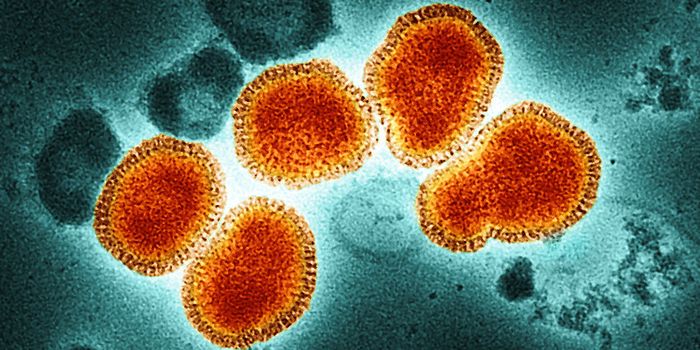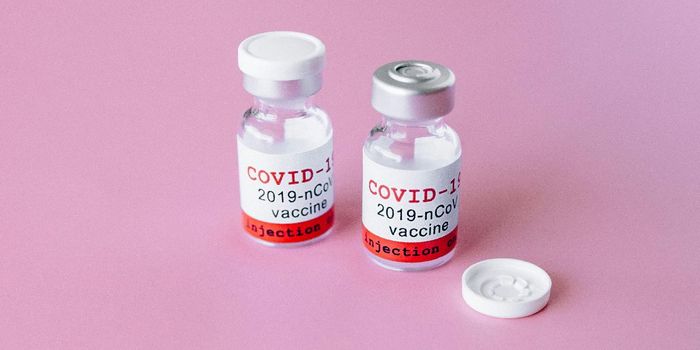Antibiotics Now, Inflammatory Bowel Disease Later
Taking a course of antibiotics as a baby has been linked to a spiked risk of developing inflammatory bowel disease in adulthood.
A study published in Genome Medicine showed that antibiotics given to children under a year old can have devastating effects on the natural flora in the digestive tract. These “good bacteria” play a critical role in the development and maturation of the immune system. Disrupting this sensitive bacterial ecosystem through antibiotics can lead to the future onset of conditions such as inflammatory bowel disease and type 1 diabetes.
Study co-author and director of the Rutgers Center for Advanced Biotechnology and Medicine, Martin Blaser, believes that this study further supports the notion that antibiotic use in babies is doing more harm than good.
"This study provides experimental evidence strengthening the idea that the associations of antibiotic exposures to the later development of disease in human children are more than correlations, but that they are actually playing roles in the disease causation," said Blaser.
Blaser and team performed experiments in a mouse model where inflammation in the colon was artificially triggered using a chemical injection. Mice that had received antibiotics were observed to have significantly worse colitis, indicating that they had an altered immune response as a result of the disruption to the microbiome.
Inflammatory bowel disease is an umbrella term for Crohn’s disease and ulcerative colitis, conditions characterized by prolonged and chronic inflammation of the gastrointestinal tract. Symptoms include pain, diarrhea, weight loss, and chronic fatigue. It has been estimated that 1.5 million North Americans are living with the disease.
The team continues to test their hypothesis that an imbalance of the body’s natural flora early in life (through C-section births and antibiotic prescriptions) can have serious health consequences later in life.
Sources: Genome Medicine, Medical Xpress.









